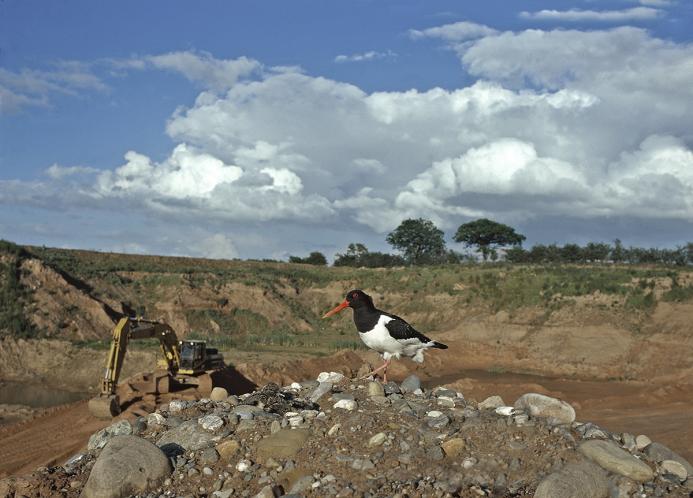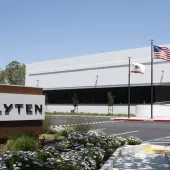MPA backs Defra regulatory reform plans
MPA welcomes review of environmental regulation for mineral sector
The Mineral Products Association (MPA) has welcomed recommendations from an independent review of Defra’s regulatory framework, calling it an opportunity to deliver better outcomes for both nature and the economy.
Published on 2 April 2025, the review by economist Dan Corry proposes a series of changes aimed at reducing bureaucracy, improving coordination among regulators, and enabling quicker progress on nature restoration and major infrastructure projects. The MPA, which represents producers of aggregates, concrete, cement, and other essential materials, said the findings are a positive step toward more effective regulation.
Among the key proposals are improved cooperation between agencies, more flexible staffing models to retain specialist knowledge, and the use of regulatory sandboxes to test innovative solutions without red tape.
“This review contains lots of ideas that are really welcome, and we hope to see them implemented,” said Mark Russell, executive director at MPA. “The mineral products sector is committed to delivering huge benefits for nature while supplying essential materials for the economy, and this review suggests better ways to encourage both of these.”
The review follows the MPA’s Quarries & Nature 2025 event, held in London last month, which showcased long-standing partnerships between quarry operators and conservation groups like the RSPB and Wildlife Trusts. So far, the industry has created more than 83 km² of UK priority habitat, with another 110 km² in the pipeline.
Beccy Speight, chief executive of RSPB, praised the industry’s role in driving biodiversity: “The minerals industry really is leading the way, showing how biodiversity can be embraced, and that growth for business and nature can be achieved hand in hand.”
Recommendations welcomed by the MPA include:
Lead regulators for major projects to improve coordination and reduce duplication.
Targeted pay flexibility to attract and retain specialist staff in key regulatory roles.
Regulatory sandboxes to encourage innovation and test new techniques, particularly in decarbonisation and circular economy models.
Revised Environmental Permitting Regulations, to allow for more risk-based decision-making and support low-carbon technologies.
Simplification of overlapping regulation, to cut red tape and speed up decision-making.
Greater autonomy for trusted conservation partners, to accelerate habitat restoration without needing repeated permissions.
Review of biodiversity net gain (BNG) metrics, to make them better suited for quarries and temporary land uses.
MPA says that while the recommendations are promising, delivery is key. “Our members are often frustrated by how slowly and inefficiently regulation is applied,” said Russell. “We’ll be pushing Defra and regulators to ensure this review leads to change.”







